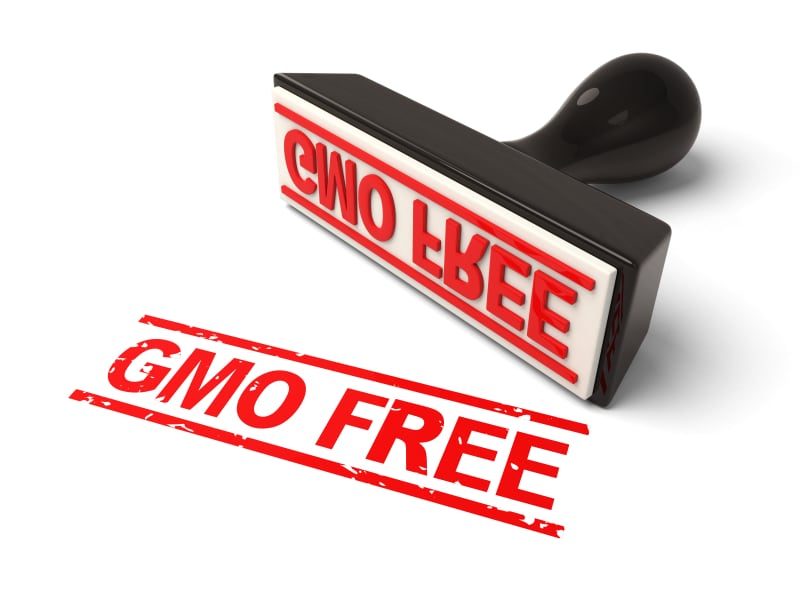Last week the U.S. Food and Drug Administration proposed including a percent daily value (%DV) for added sugars on the Nutrition Facts label of packaged foods. The FDA last year announced proposals to include added sugars on the Nutrition Facts panel, but did not propose declaring a %DV.
Also last week, the U.S. House of Representatives rejected plans for mandatory GMO labeling across the U.S. and instead voted for a federal law on voluntary GMO labeling under the Safe and Accurate Food Labeling Act of 2015. This will mean states such as Vermont, Maine and Connecticut cannot make GMO labeling compulsory.
NCA rejects daily value plans for added sugars
The NCA’s vice president of public affairs & communications Christopher Gindlesperger told ConfectioneryNews that while the candy association did not oppose labeling added sugars it had reservations about including daily values.
“…We do not support a Daily Value for added sugars because the science shows that the body does not distinguish added from intrinsic sugars - and any new labeling requirements should not create unnecessary confusion for consumers,” he said.
The current Nutrition Facts panel requires percent daily values for total fat, saturated fat, cholesterol, sodium, total carbohydrate, dietary fiber, calcium and iron, but not added sugar.
NCA: Moderating consumption
The FDA’s new proposal is based on the recommendation that added sugars not exceed 10% of a 2,000 calorie daily diet.
Gindlesperger said the NCA advocated moderation, adding that candy accounts for just 1.2 teaspoons of added sugar per day for Americans.
“Consumers understand the role that candy can play in a happy, balanced lifestyle - and they are choosing to enjoy it infrequently and in moderation,” said Gindlesperger.
The FDA is seeking public comment on the added sugar daily value proposal for 75 days from July 24. Submit comments HERE.
GMOs: NCA to engage on the benefits
State GMO laws

Over 70 bills have been proposed in over 30 states to require GMO labeling or to ban genetically engineered ingredients, says the Center for Food Safety. Vermont is the only state that currently requires mandatory GMO labels. Maine and Connecticut have agreed mandatory GMO labels, but it will not enter effect until the law is passed by nearby states. All mandatory GMO state laws will be defeated if the Safe and Accurate Food Labeling Act of 2015 passes unchanged.
For GMO labeling, the NCA is part of a broader collation led by the by the Grocery Manufacturers Association.
“We will continue to advocate with our food industry colleagues for a federal standard for voluntary GMO labeling,” said Gindlesperger. “And we will continue to engage in an informative dialogue with lawmakers and consumers so that they understand the safety, prevalence and benefits of GMO technology.”
He said the NCA appreciated consumer concerns on genetically modified ingredients, but added leading health organizations around the world say they produce no negative side effects.
The World Health Organization (WHO) says GMOs should be assessed on a case-by-case basis.
“GM foods currently available on the international market have passed safety assessments and are not likely to present risks for human health. In addition, no effects on human health have been shown as a result of the consumption of such foods by the general population in the countries where they have been approved,” it says.
The Safe and Accurate Food Labeling Act of 2015 will now be debated by the U.S. Senate.
